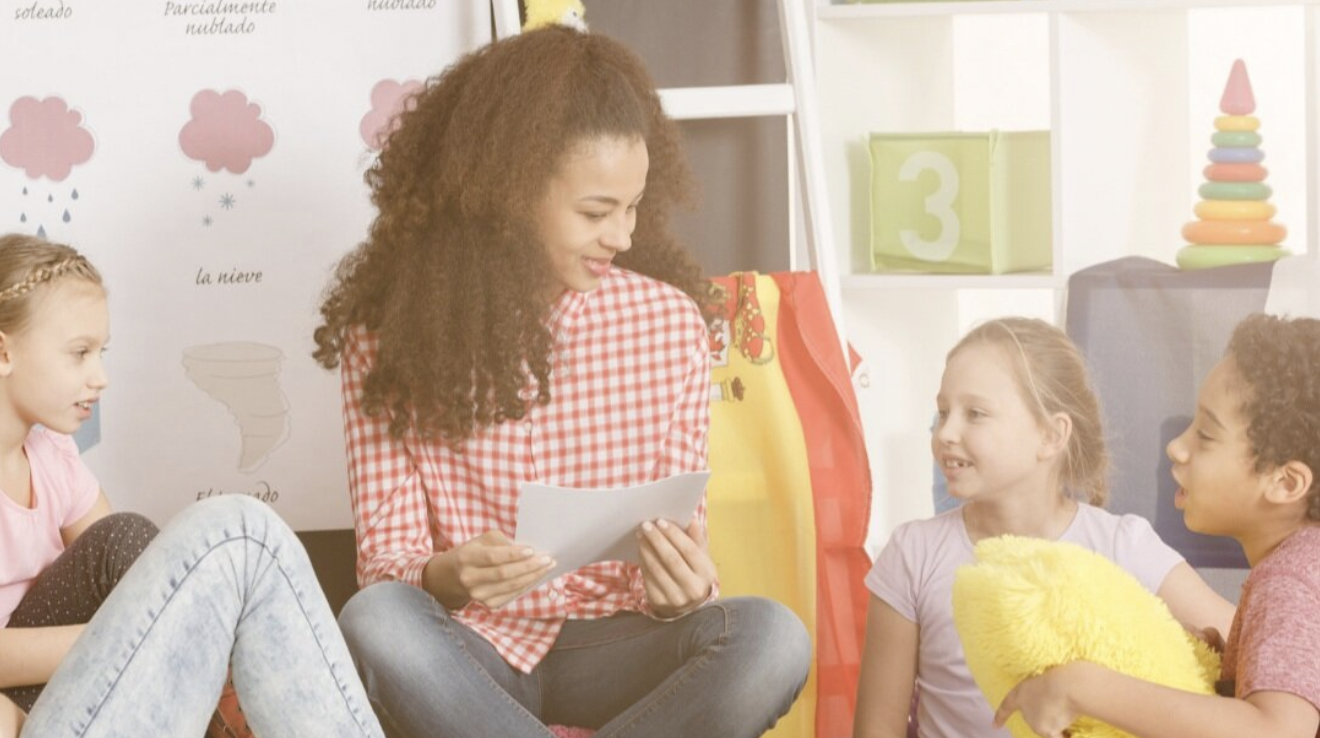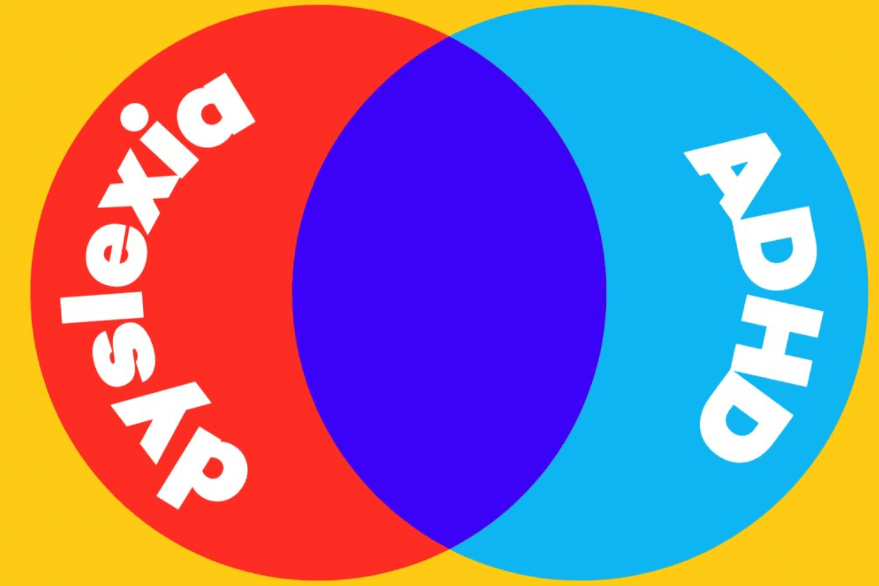
When it comes to what students are learning, the spotlight is always on core academics like reading and math. This is especially true now, since many students risk falling farther behind as the pandemic prevents a return to normalcy. But we should all be just as concerned, if not more so, with students’ social-emotional wellness and development. Not only are SEL (social-emotional learning) skills crucial in any year, this year’s altered educational landscape has made students especially fragile and in need of support beyond academics. So, it’s more important than ever that students learn these crucial life skills. There is strong evidence that shows the impact SEL has on students’ short- and long-term academic and personal success. Here are just a few examples of how SEL impacts students:
1. Improves interpersonal skills
SEL lessons teach students how to cooperate, resolve conflict, and communicate clearly and with empathy. This helps students strengthen their friendships, relationships with family members, as well as interactions with teachers. Later in life, these skills manifest in successful job interviews and healthy personal relationships.
2. Teaches healthy responses to failure
Everyone experiences failure, rejection, and disappointment at some point. What matters is how you handle it. SEL programs also help transform students’ thinking about themselves. If a student experiences a lot of negative self-talk, then any sort of failure or setback is likely to send them into a spiral of negative thinking. SEL can help these students develop a growth mindset. They can learn to adopt an “I’ll get it next time” mentality, instead of letting shame or disappointment lead them off course.
3. Helps develop resilience and grit
How we respond to life’s hardships not only affects what will happen in the short term, but it shapes the path our decisions will lead us on. If we grow up dealing with life’s obstacles in unhealthy and unproductive ways that won’t help us move forward, but are soothing in the moment, we are likely to make these coping mechanisms a habit. SEL teaches students alternative coping mechanisms, which lead to an increase in resilience.
4. Teaches students to calculate risks wisely
The confidence students build from the skills taught in SEL allows them to feel comfortable putting themselves a bit outside their academic comfort zone. When students are more self-assured, they are willing to risk being wrong in their pursuit of learning. At the same time, they are less likely to take physical risks or to engage in dangerous behavior.
5. Instills a desire to learn
Finally, the most obvious argument in favor of SEL: if students learn to value themselves, have compassion for others, regulate their strong emotions, and face challenges with a solutions-oriented mindset, they’ll begin to love school. They’ll want to attend every day. They’ll start actually doing their homework and studying, not because they want good grades, but because they genuinely want to learn.




